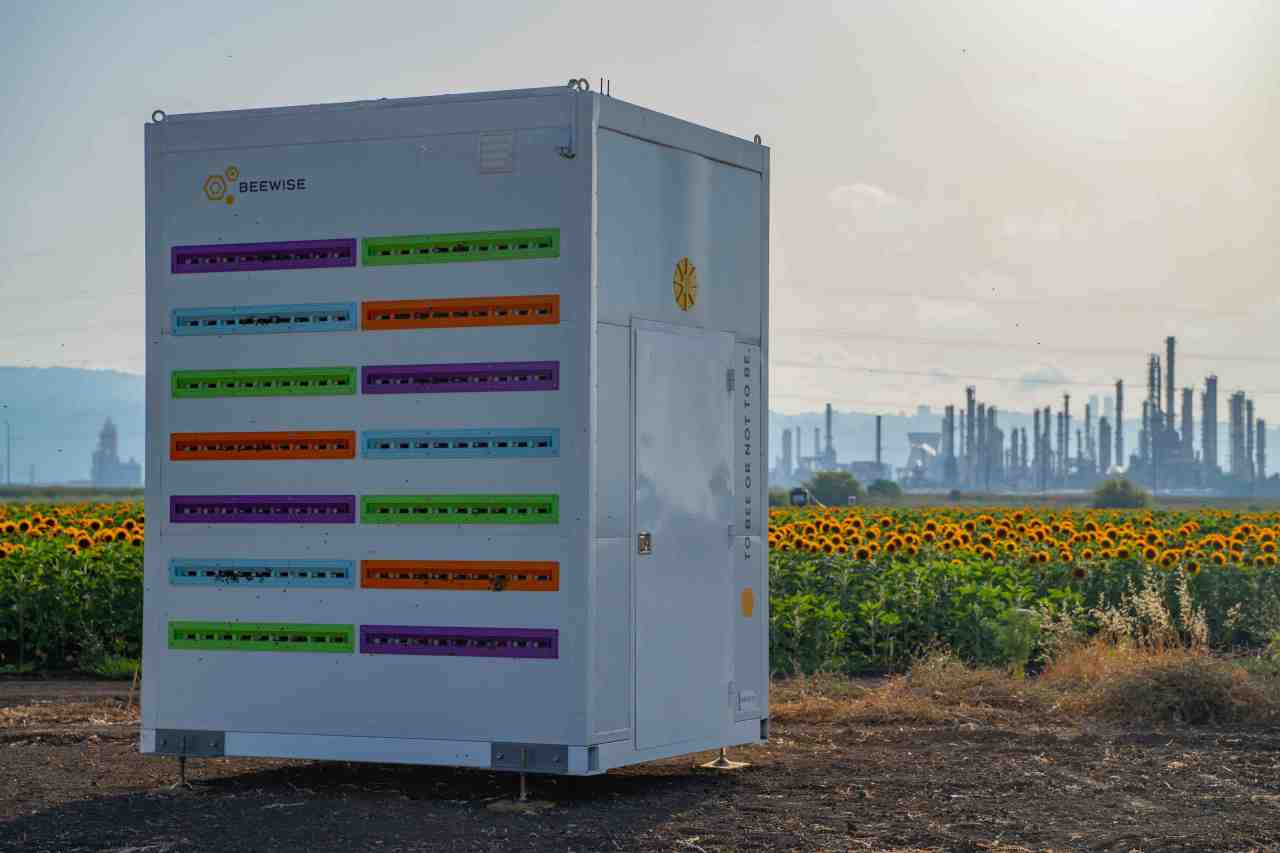2022 brought forth images that seemed straight out of a dystopian movie—robot dogs patrolling the empty streets of Shanghai, urging citizens to stay indoors during a pivotal lockdown. This curious sight not only stirs the imagination but also makes us ponder the transformative role of robotics in modern society. With populations banding together to combat an ongoing pandemic, the utility of these mechanical companions has never been clearer. However, the questions surrounding their integration into our daily lives, jobs, and industries remain complex.
Revolutionizing Responses: The Pragmatism of Robot Assistance
The pandemic has accelerated the adoption of various technologies, including robots which have long been viewed as a luxury within industrial settings. Now, as we grapple with public health concerns and workforce constraints, their roles have morphed into essential means of support. The immediate need for practical solutions has led to innovative applications that can assist in mitigating risk and ensuring safety.
- Imagine a robot equipped with a bullhorn maintaining social distance in crowded areas.
- Think of how drones facilitate deliveries where human contact could pose a risk.
- Envision advanced robots handling tasks in warehouses, ensuring efficiency even under restrictions.
This shift indicates a pivotal moment for robotics. No longer just the subject of sci-fi speculation, they are stepping into the spotlight, demanding acknowledgment as vital assets in our arsenal for addressing modern dilemmas.
The Economic and Ethical Implications of Automation
While excitement surrounds the rapid advancements in automation, they also open a Pandora’s box of implications for the workforce. The reality is stark: job displacement due to automation is not an abstract issue—it affects lives and livelihoods. Nevertheless, it’s essential to recognize that technology also holds the capacity to create new opportunities.
Historically, shifts in technology have displaced certain jobs while catalyzing the creation of new roles. For example, Apple’s recent employee education initiatives demonstrate an encouraging step towards equipping workers with skills suited to a changing job landscape.
- How can we ensure that the workforce adapts to these changes?
- What educational resources can be made accessible to those at risk of losing their jobs?
Such questions require thoughtful discussions among stakeholders to ensure that technology uplifts society rather than dismantles established norms.
Innovations on the Horizon: Drones and Sustainability Efforts
As the world turns its gaze towards environmentally sustainable solutions, technology plays an integral role in this endeavor. Companies like Treeswift are at the forefront, utilizing drone technology to monitor forests, provide carbon capture insights, and mitigate wildfire risks. Likewise, Beewise aims to combat ‘colony collapse disorder’ in the bee population through innovative robotic hives designed to protect and revitalize this vital species.
These examples embody the power of robotics to not only improve efficiency but also tackle some of the most pressing environmental challenges we face today. As robotics and automation evolve, so does their potential to positively influence the ecological landscape.
The Future of Robotics: Collaboration and Adaptation
The recent acquisition of RE2 by Sarcos Robotics exemplifies the spirit of collaboration needed to expand technological capabilities across various industries. By uniting forces, these companies can push the boundaries of what is possible in robotics—streamlining operations and venturing into uncharted territory like underwater applications and healthcare robotics.
These developments, paired with service expansions like FlyTrex making drone deliveries in Texas, signify a promising trajectory for the future of robotics. As industry giants and innovators explore new horizons, the focus should remain on holistic solutions that enhance human capability rather than replace it.
Conclusion: Embracing the Robotic Future Mindfully
As the world continues to navigate unprecedented challenges, the role of robotics has never been more critical. From health and safety to environmental conservation and workforce empowerment, these technologies are shaping our future. However, with great power comes great responsibility. It’s vital for technology leaders to prioritize equitable evolution in the automation landscape, fostering collaboration that guarantees broader benefits rather than selective advancements. At fxis.ai, we believe that such advancements are crucial for the future of AI, as they enable more comprehensive and effective solutions. Our team is continually exploring new methodologies to push the envelope in artificial intelligence, ensuring that our clients benefit from the latest technological innovations.
For more insights, updates, or to collaborate on AI development projects, stay connected with fxis.ai.

